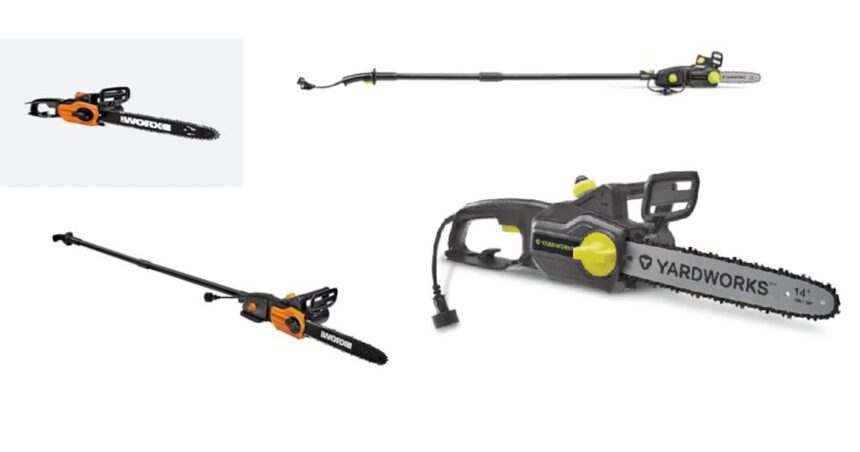In an urgent consumer safety alert issued Friday, Health Canada has ordered an immediate recall of thousands of chainsaws and pole saws across the country due to a potentially dangerous defect that could lead to severe injuries. The affected products, manufactured between January 2023 and May 2025, contain a critical flaw that may cause the cutting chain to continue moving even when the equipment is in idle mode.
“This poses a significant laceration hazard that has already resulted in multiple reported injuries,” said Health Canada spokesperson Elaine Thompson during a press briefing in Ottawa. “We’re urging all Canadians to immediately stop using these products and contact the manufacturers for a free inspection and repair.”
The recall specifically targets several popular models from major brands including Husqvarna, Echo, and Stihl, which have been widely distributed through home improvement retailers and specialty outdoor equipment dealers across Canada. According to Health Canada’s consumer products database, approximately 47,500 units are affected by this nationwide recall.
The defect stems from a manufacturing error in the clutch mechanism that fails to properly disengage the cutting chain when the trigger is released. In normal operation, releasing the throttle should immediately stop chain movement. However, the affected models continue running at dangerous speeds even after the operator believes the equipment has returned to a safe idle state.
Industry experts note this particular flaw presents an unusually high risk profile. “Unlike some recalls that address potential issues, this defect has already caused documented injuries,” explained Robert Chen, product safety engineer at the Canadian Standards Association. “The combination of continued chain movement with the operator’s false sense of security creates a perfect storm for serious accidents.”
Since January, manufacturers have received 23 reports of injuries related to the defect, including five that required emergency medical treatment for deep lacerations to hands, arms, and legs. One particularly severe case in British Columbia resulted in a landscaper requiring microsurgery to repair tendon damage.
Health Canada has established a dedicated recall information center where consumers can verify if their specific model is affected by entering the serial number found on the equipment’s housing. Manufacturers have committed to prioritizing repairs, with most promising turnaround times of less than two weeks.
The timing of this recall is particularly concerning as Canada enters peak summer months when outdoor maintenance activities traditionally increase. “July and August represent the busiest periods for chainsaw use in both professional and residential settings,” noted Paul Hargreaves, spokesperson for the Canadian Association of Professional Arborists. “The industry is working overtime to address this issue before the seasonal surge in usage begins.”
For affected consumers, manufacturers are offering several options, including free in-home pickup of recalled units, temporary replacement equipment while repairs are completed, and in some cases, full product replacement for models that cannot be effectively repaired.
Retailers have been instructed to immediately remove all affected inventory from store shelves and online listings. According to economic analysis provided by industry watchers, this recall could cost manufacturers upwards of $12 million in direct repair costs and lost sales during what is typically their most profitable season.
This recall underscores a concerning trend in outdoor power equipment safety issues, with this being the third major chainsaw recall in Canada since 2021. Consumer advocacy groups have called for strengthened pre-market testing requirements and more rigorous safety certification standards for power tools entering the Canadian marketplace.
As Canadians assess their outdoor equipment ahead of summer projects, the critical question remains: how effectively can we balance the convenience of increasingly powerful consumer-grade tools with the necessary safeguards to prevent serious injuries in both professional and homeowner settings?
























